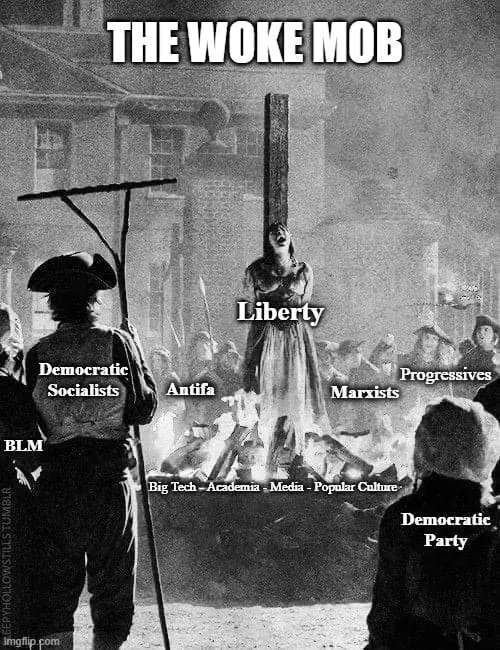IWP wrote:But without pain how would we know if something was wrong or if we were in danger?
A Tesla knows when it's in danger of being hit and reacts more effectively than most drivers, all without feeling anything. If a Tesla already has a stellar avoidance system, why innovate by adding (epiphenomenal) pain circuitry? If you presuppose a "we", then you're nearly arguing for pain based on the assumption of free will. Yes, if "we" are agents with "will", then what better way to get our attention such that "we" "do" something, than "pain"? If we're just observers with the useless epiphenomenal experience of willing things, what benefit is adding useless epiphenomenal pain?
IWP wrote:we know there is physical evidence for the existence of pain. We can't prove the existence of free will other than by expressing observation and perception.
Really good point. c-fibers fire, and the result is pain. But, You kind of hit on the problem ^^^. A classic Dennett quote, "In order for states of pain to be important there must be a suffering subject for which they have meaning!"
https://philosophy-science-humanities-c ... ncept=Pain
from the same source:
"Do we experience the stimuli that prevent us from taking a twisted posture during sleep as pain?"
The c-fibres firing don't always result in pain.
I'll throw this out there: one way the modern enlightened secularist can have free will is to invoke the mystery of quantum mechanics to allow for indeterminism. I can cite two sources that give this otherwise pseudoscience idea credibility. Roger Penrose (and Stephen Hawking also) believes it, Penrose has an actual theory about it, and he doesn't suck at science. He does suck at philosophy though. Fortunately, John Searle, who probably sucks at science, has as much credibility as a philosopher as anyone, and he also believes it. It's not a route that interests me for several reasons.
One reason is that randomness in my opinion doesn't fix the problem. Adding randomness to a Tesla avoidance system doesn't put the Tesla in control of its destiny. In fact, as Hume points out, much of what goes for a persons character and choosing makes a great deal of sense in the context of determinism. There is a regularity to me that makes me me and not somebody else. Free-will is a slippery idea.
We can't take farmers and take all their people and send them back because they don't have maybe what they're supposed to have. They get rid of some of the people who have been there for 25 years and they work great and then you throw them out and they're replaced by criminals.
